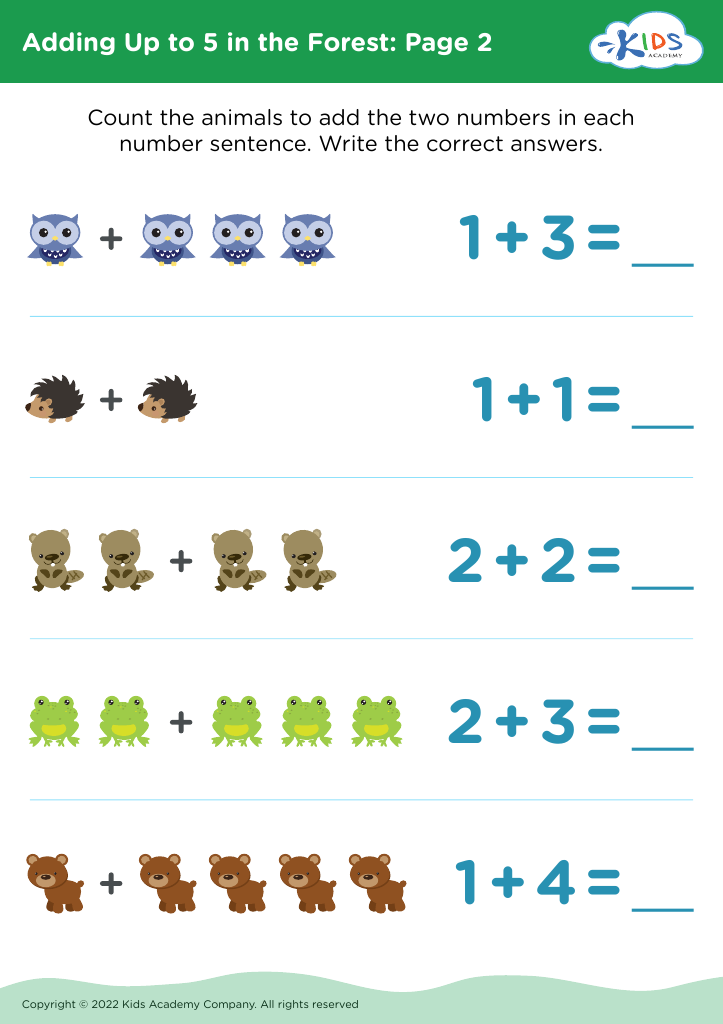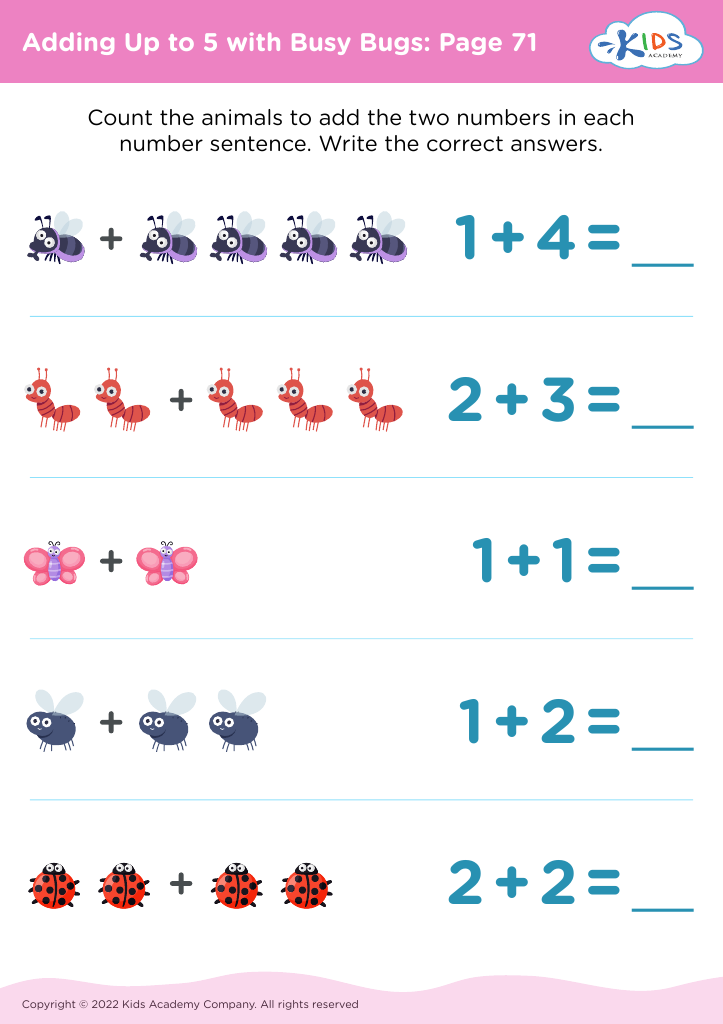Problem-solving practice Addition & Subtraction Worksheets for Ages 5-6
7 filtered results
-
From - To
Introduce your child to essential math skills with our Problem-Solving Practice Addition & Subtraction Worksheets for ages 5-6. These engaging worksheets cater to young learners, focusing on fundamental addition and subtraction concepts through a variety of fun activities. Designed by educators, they help improve problem-solving abilities, encourage critical thinking, and build strong numeracy foundations. Each worksheet blends playful illustrations with clear instructions to make learning enjoyable and effective. Perfect for classroom use or homeschooling, these resources support your child's mathematical journey, ensuring they grasp crucial skills with confidence. Boost your child's problem-solving skills today!
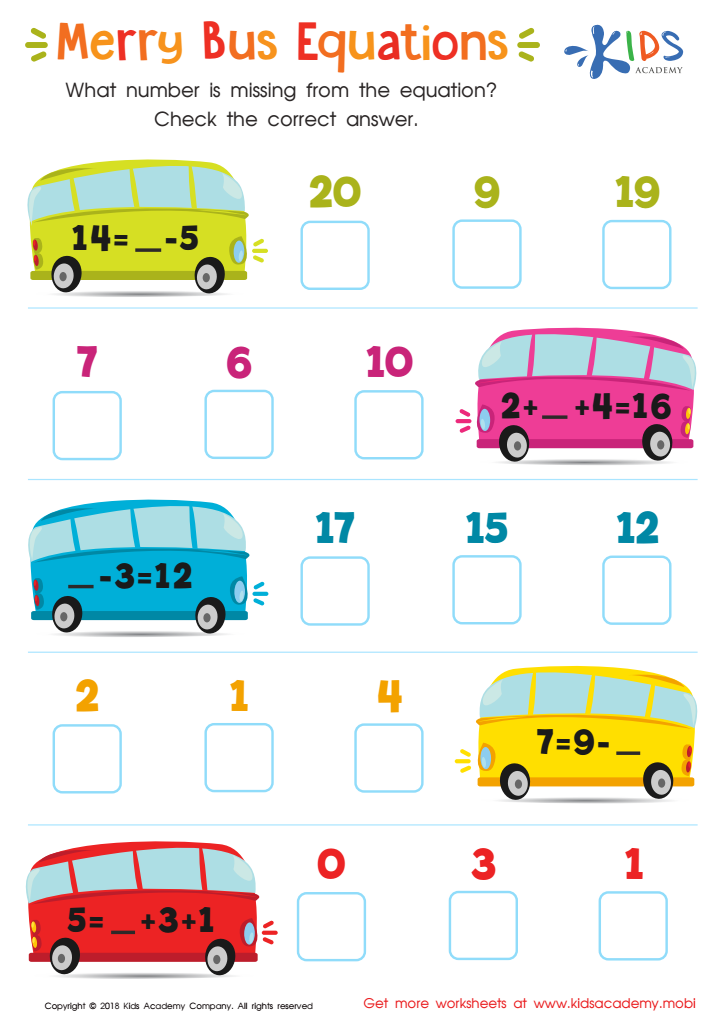

Merry Bus Equations Worksheet
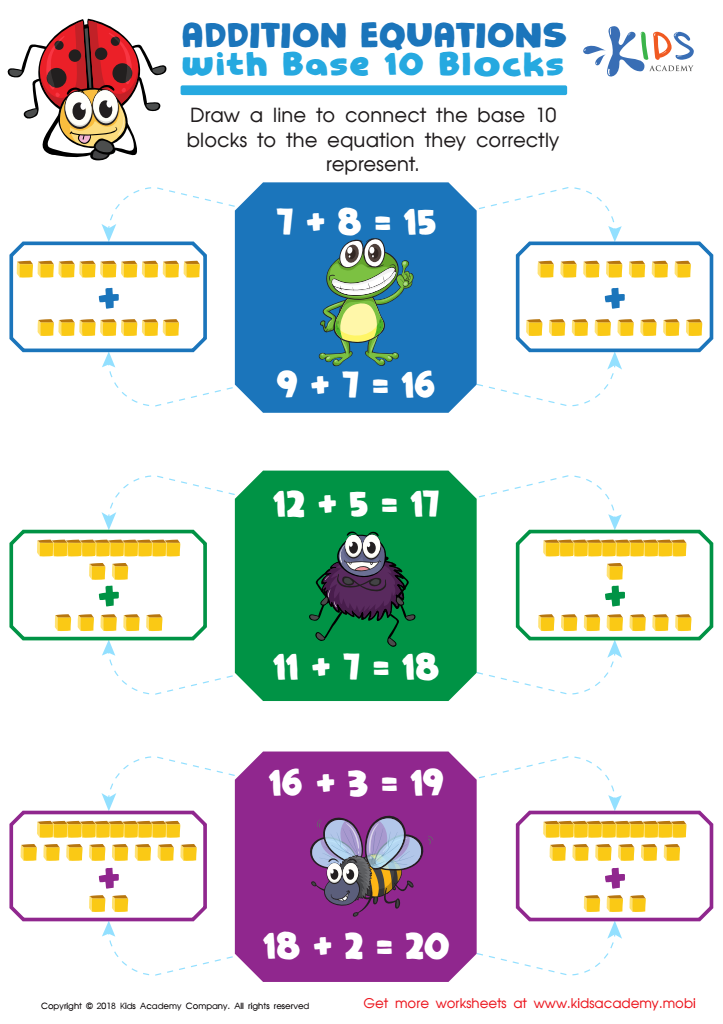

Addition Equations With Base 10 Blocks Worksheet
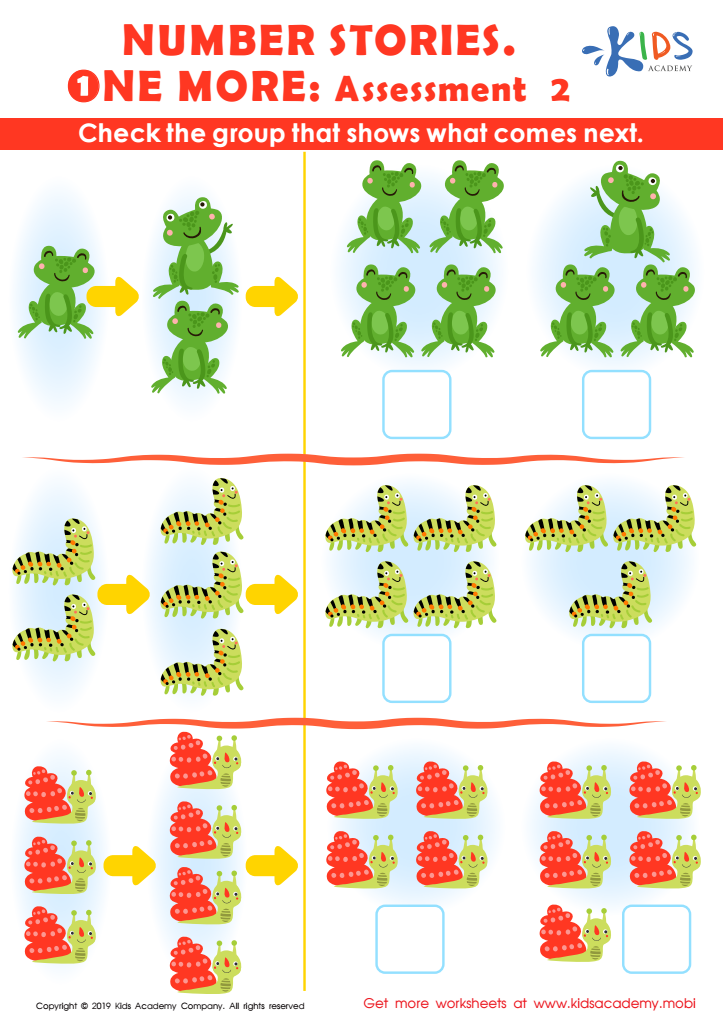

Number Stories One More – Assessment 2 Worksheet
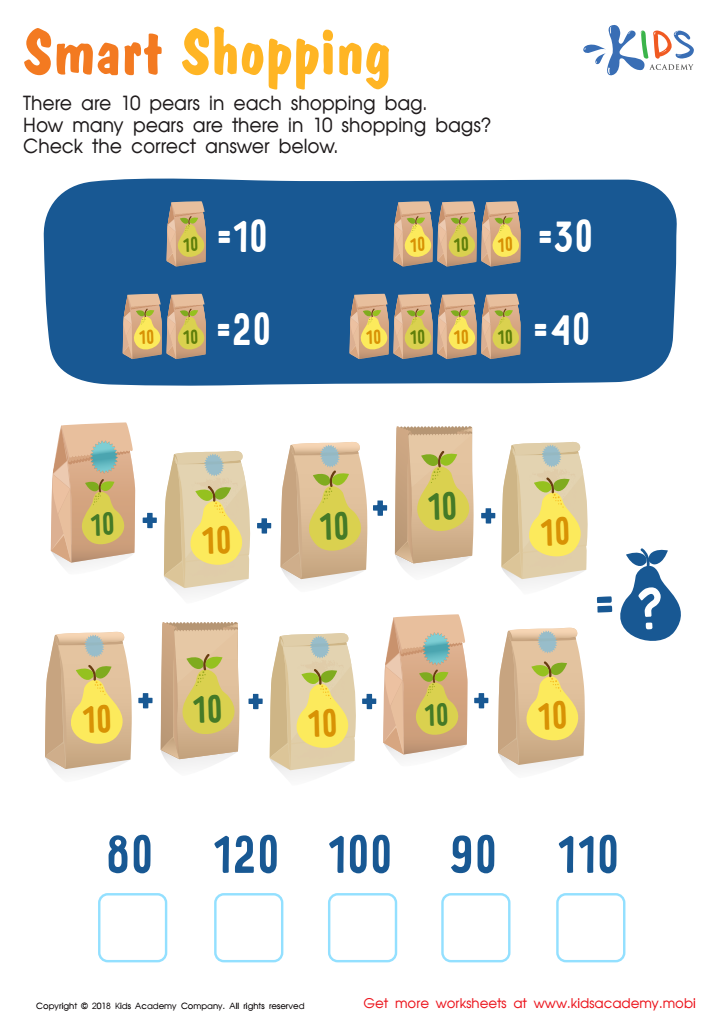

Smart Shopping: Trade Tens for a Hundred Worksheet
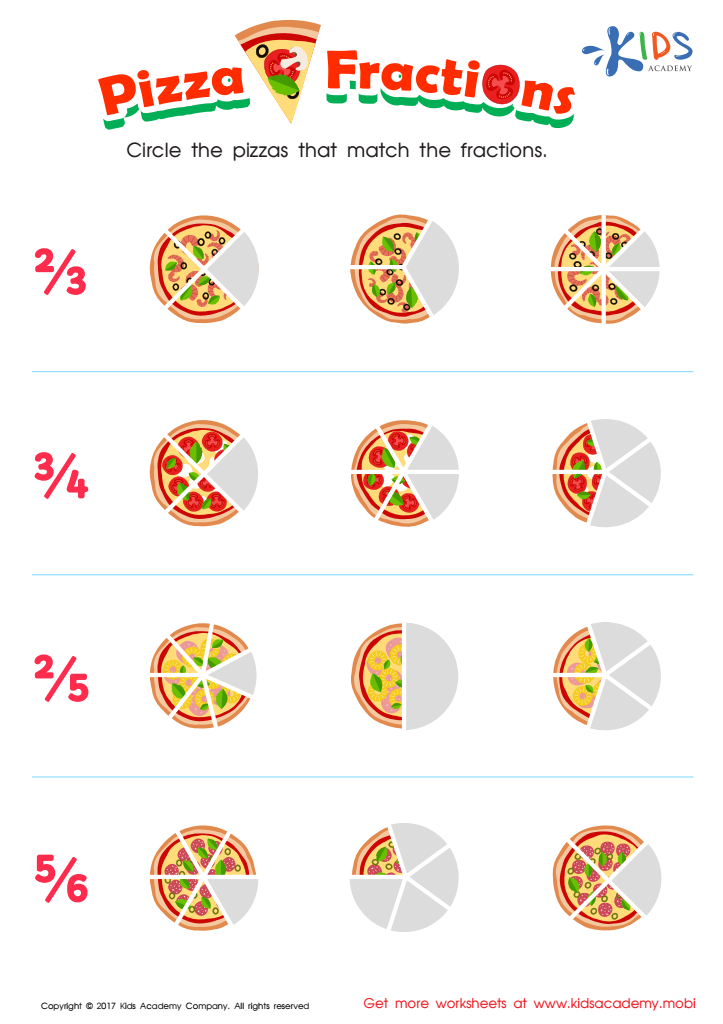

Fractions: Pizza Printable
Parents and teachers should prioritize problem-solving practice in addition and subtraction for children aged 5-6 because it forms the foundation of their mathematical understanding and cognitive development. At this early stage, children are developing critical thinking skills and numerical fluency, crucial for their future academic success. By engaging in addition and subtraction problems, young learners can grasp basic arithmetic concepts, which are building blocks for more complex mathematical operations.
Problem-solving practice also enhances their logical reasoning and analytical skills. When children learn to solve these types of problems, they become adept at recognizing patterns and applying learned concepts to new situations, laying the groundwork for a problem-solving mindset. Additionally, performing addition and subtraction in varied contexts helps reinforce number sense, understanding quantity, and the relationship between numbers.
Early practice in problem-solving fosters persistence and resilience by showing children that challenges can be overcome with effort and strategic thinking. Moreover, relating math problems to real-life situations makes learning relevant and engaging, encouraging curiosity and a positive attitude towards mathematics. By nurturing these skills at a young age, parents and teachers set children on a path to lifelong success in academics and beyond, equipping them with essential tools for everyday decision-making and intellectual growth.
 Assign to My Students
Assign to My Students

